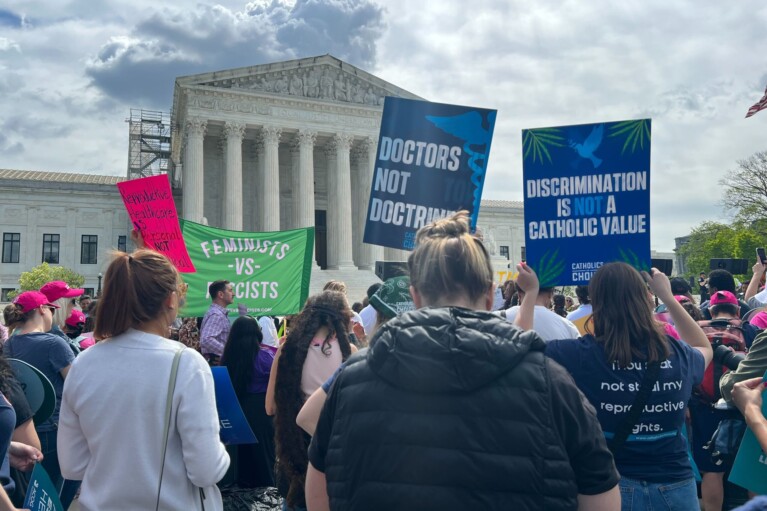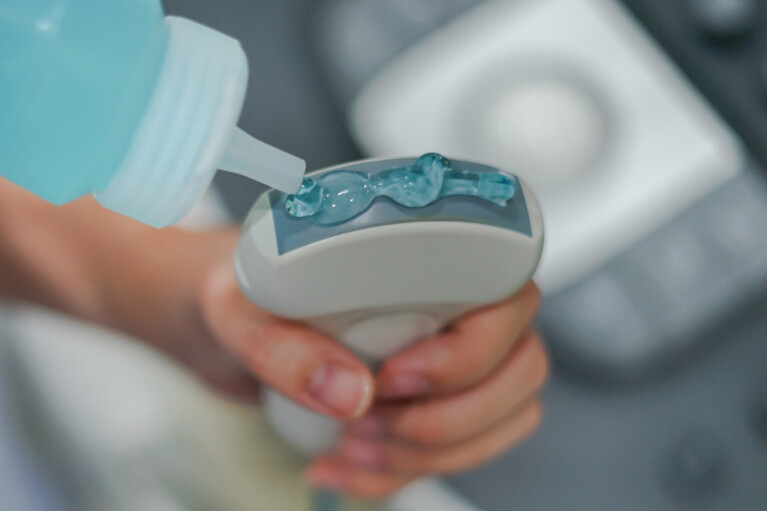A guest commentary published on Feb. 18, 2020, suggested that the Maryland Board of Physicians’ amendments to SB 402/HB 448 would take telehealth backwards.
Contrary to representations by the bill’s proponents, health care is not a simple consumer transaction. Because the board’s mission is protection of the public, the board’s focus is on people as patients rather than as consumers. To that end, the board is proposing that no changes be made while a legislative workgroup studies and makes recommendations for a thoughtful, cautious, and safe approach to expanding telehealth practices.
The board has regulated telemedicine in Maryland since 2009 and has always supported the use of
synchronous (in real time) video chat and asynchronous electronic messaging. The board’s
regulations simply require that a health care provider establish a patient-provider relationship in person or by using a real-time video chat, such as Skype or Facetime, before engaging in asynchronous electronic messaging for treating patients or prescribing medications.
As filed, the bill would radically alter the status quo, permitting providers to diagnosis, treat, and prescribe medications to patients through online forms, questionnaires, and phone apps without ever seeing a patient (in-person or through a video chat). It would effectively replace physicians and other health care practitioners with algorithms and apps.
As a commentator in a New York Times article stated, referring to the use of asynchronous telehealth questionnaires:
“The sites invert the usual practice of medicine by turning the act of prescribing drugs into a service. Instead of doctors making diagnoses and then suggesting treatments, patients request drugs and physicians serve as gatekeepers”.
The board’s research indicates, at present, that only four states authorize the prescribing of medications based on an online questionnaire.
The board believes that practicing medicine (or another health occupation), diagnosing conditions, and writing prescriptions based solely on a review of questionnaires is NOT a safe virtual house call. One initial live real time interaction between a health care practitioner and patient before providing treatment and prescriptions protects patients and is supported by many physician groups
including the American College of Physicians and several other health occupation boards. And it is consistent with a vast majority of states that have legislated or regulated telehealth.
The board and its allies believe that input from physicians, various stakeholders, and other experts will be valuable in developing safe telehealth standards and we urge the legislature to conduct a study and review of other states.
— DAMEAN W.E. FREAS, D.O.
The writer is chair of the Maryland Board of Physicians.




 Creative Commons Attribution
Creative Commons Attribution